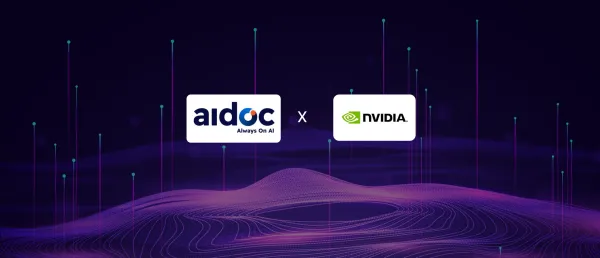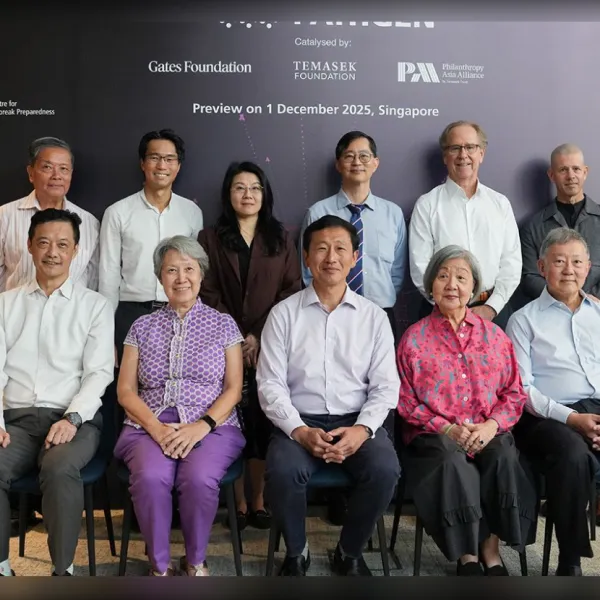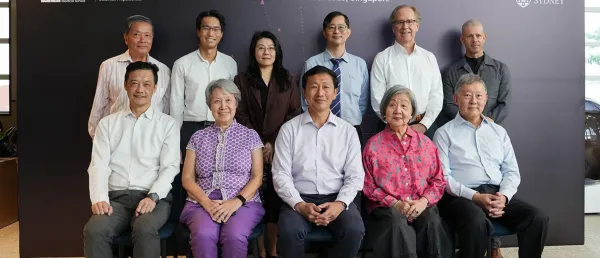Qventus & Northwestern Medicine Partner to Launch AI Operational Assistant

The AI assistant, built to assist patients and clinicians, automates several manual processes that traditionally require significant time and effort from medical personnel.
Qventus, in collaboration with Northwestern Medicine, launched a new AI operational assistant designed to streamline the operating room (OR) workflow and reduce administrative burdens on healthcare staff.
The AI assistant, built to assist patients and clinicians, automates several manual processes that traditionally require significant time and effort from medical personnel.
Dr Saadia Sherwani, a cardiac anesthesiologist and senior vice president of administration at Northwestern Medicine, highlighted the current inefficiencies within the OR. She noted that many tasks remain manual, such as scheduling surgeons and gathering preoperative patient data.
"These processes have remained unchanged for years, with staff often spending hours coordinating schedules and ensuring all necessary patient information is gathered before surgery," Dr Sherwani added.
How Does the AI Tool Work?
The AI operational assistant addresses these inefficiencies by automating tasks previously managed by case managers, care navigators, schedulers, and medical assistants. Qventus CEO Mudit Garg described these roles as “glue roles,” crucial for understanding the system and the clinical journey but burdened by logistical tasks that consume most of their time.
Garg said, “Probably 60%, 70%, 75% of their work is very logistical.”
The assistant’s capabilities extend beyond simple data collection. For example, it can retrieve clinical records from other institutions, a task typically requiring a nurse to make a phone call.
Additionally, the assistant can communicate directly with patients, inquiring about their medications and advising them on pre-surgery protocols, such as whether they need to stop taking certain medications.
Dr Sherwani emphasized the importance of this tool in the preoperative workflow, stating, "What we're looking to do is really enhance that entire preoperative clinic workflow, because it really brings with it a lot of administrative work that our nurses and physicians are doing in terms of getting faxes, optimizing those, and sending follow-up information."
Future Applications
The AI assistant’s development was heavily influenced by feedback from healthcare professionals, particularly nurses. Based on their input, Qventus ensured that the assistant could perform tasks such as sending and reading faxes, sending email summaries, and messaging patients to schedule calls with clinical staff.
Garg stressed that user feedback was integral to refining the assistant's capabilities, adding, "Most of the capabilities present in the AI operational assistant were developed because of user feedback."
Looking ahead, both Qventus and Northwestern Medicine see broader applications for AI assistants beyond the OR.
Dr Sherwani mentioned the potential for improving connectivity between ambulatory clinics and inpatient operating rooms, where numerous administrative tasks require constant back-and-forth communication.
“I tend to see a solution like this helping us do better in that arena as well,” she said. One of the key features of Qventus’ perioperative solution, integrated with the new AI operational assistant, is its ability to optimize surgical schedules.
Traditionally, established surgeons at Northwestern Medicine are assigned fixed blocks of time for their procedures, while newer surgeons must work around these schedules. This scheduling process has been manual and time-consuming.
With the new AI tool, gaps in the schedule can be identified, and the system can even nudge surgeons to free up their blocks if they are on vacation or otherwise unavailable. "It's an innovative tool that helps leverage the unused space by advertising it strategically and helping everyone utilize our fixed resources," Dr Sherwani noted.
Stay tuned for more such updates on Digital Health News





























